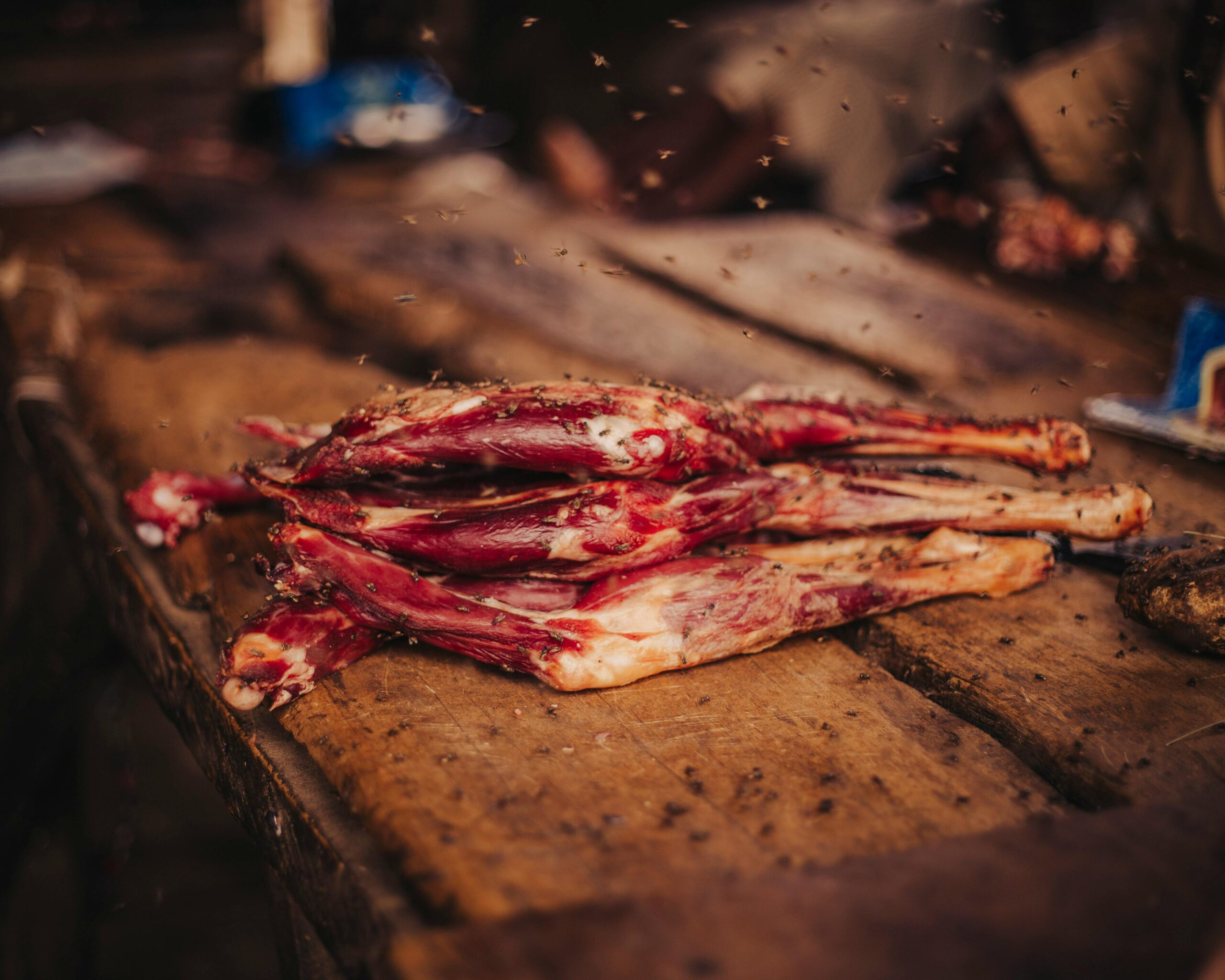- LIFE
100 Unique Spanish Girl Names


The carnivore diet, a regimen that focuses exclusively on animal products, has gained popularity for its potential health benefits and weight loss capabilities. This guide provides a comprehensive food list to help you navigate the carnivore lifestyle effectively. By understanding which foods are essential, how to plan your meals, and what potential pitfalls to avoid, you can optimize your experience on this diet. Let’s delve into the essentials of the carnivore diet food list and explore practical tips for success.

The foundation of the carnivore diet is animal-based foods. This section outlines the primary food groups that should form the bulk of your diet, ensuring you get the necessary nutrients while adhering to the diet’s principles.
To ensure you’re getting the most out of your carnivore diet, focus on high-protein options that provide essential nutrients. These foods not only support muscle growth and repair but also keep you satiated.
While the carnivore diet can be straightforward, some individuals encounter challenges. Here are some common issues and practical solutions to help you stay on track.

Planning your meals in advance can help maintain variety and ensure nutritional adequacy. Here’s a sample meal plan for one week on the carnivore diet.
Saturated fat plays a significant role in the carnivore diet, providing a primary energy source and essential nutrients. While often misunderstood, saturated fats from quality animal sources can support hormone production and cellular health.
It’s crucial to choose high-quality sources, such as grass-fed meats, which offer a better fatty acid profile. Incorporating a variety of animal fats, including butter, tallow, and lard, can help meet your dietary needs while enhancing flavor.
Beef jerky is a practical snack option for those on the carnivore diet. It’s portable, shelf-stable, and packed with protein. When selecting jerky, opt for varieties with minimal additives and preservatives to stay aligned with the diet’s principles.
Consider making your own beef jerky at home to control the ingredients and seasonings. This can ensure a clean, healthy snack that complements your carnivore lifestyle.
While the carnivore diet can offer various health benefits, it’s essential to consider long-term implications. Regular health monitoring, including blood tests, can help track nutrient levels and overall health.
Some individuals may need to adjust their diet over time, incorporating more variety or supplements to address specific deficiencies. Consulting with a healthcare professional can provide personalized guidance based on your health needs.
The carnivore diet can positively impact blood sugar levels by eliminating carbohydrates and sugars. Many individuals experience improved insulin sensitivity and stable energy levels.
However, it’s essential to monitor your body’s response, especially if you have pre-existing health conditions. Regular check-ups and blood glucose monitoring can help you maintain optimal health while on the diet.
Choosing between grass-fed and grain-fed meats can impact the nutritional quality of your diet. Grass-fed meats typically contain higher levels of omega-3 fatty acids and antioxidants, offering a healthier profile.
While grass-fed options may be more expensive, they can provide superior health benefits. Consider incorporating a mix of both to balance cost and nutrition, prioritizing grass-fed for key meals when possible.
As with any diet, potential health risks should be considered. For some individuals, high protein intake may pose a risk to kidney health, particularly if pre-existing conditions exist.
Staying hydrated and monitoring protein intake can help mitigate these risks. Regular medical check-ups are crucial to ensure that the diet supports your health rather than compromising it.
Many individuals have successfully lost weight on the carnivore diet, attributing their success to its simplicity and effectiveness in curbing cravings. By focusing on nutrient-dense, satiating foods, dieters often find it easier to maintain a calorie deficit.
Success stories highlight the importance of commitment and adaptation, with many noting improved energy levels and mental clarity as additional benefits. These stories can provide motivation and insight for those considering the diet.
Starting the carnivore diet can be daunting, but expert tips can help ease the transition. Begin by gradually reducing carbohydrate intake and increasing animal-based foods to allow your body to adjust.
Stay hydrated, prioritize quality meats, and listen to your body’s signals. Joining a supportive community can also provide encouragement and shared experiences to help you stay motivated.
While the carnivore diet aims to provide all necessary nutrients through animal products, some individuals may benefit from supplements. Common supplements include omega-3s, vitamin D, and electrolytes.
Consulting with a healthcare provider can help determine if supplements are necessary based on individual health needs and dietary intake. Ensure any supplements align with the diet’s principles and complement your nutritional goals.
Social situations can pose challenges for those on a strict diet. Planning ahead and communicating your dietary needs can help alleviate stress and ensure you have suitable options available.
Consider eating before events or bringing your own food to maintain dietary adherence. Educating friends and family about your diet can also foster understanding and support.